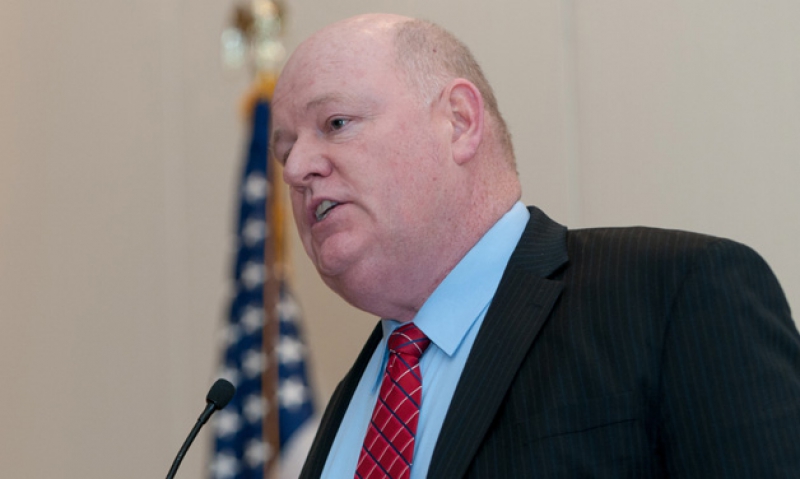
Legion remains cautiously optimistic that Fully Developed Claims can cut the backlog, reduce wait times for veterans and their families.
Directors of Department of Veterans Affairs’ programs that provide disability compensation and pension benefits told members of The American Legion Monday that the automated Fully Developed Claim (FDC) process stands to significantly reduce the amount of time veterans and their families wait for decisions and put a dent in the backlog of unresolved cases nationwide.
“This process is a game-changing event,” said Tom Murphy, director of VA Compensation Benefits, which handles disability claims for the department.
“This program works,” added David McLenachen, director of VA’s Pension and Fiduciary Services, which provides benefits to veterans and their families on the basis of income. “We need it to work for more claimants.”
Murphy and McLenachen both said that where the FDC process has been piloted around the country, it has greatly reduced waiting times. Murphy said that of 5,999 claims handled using the FDC process since June 15, 2010, when it debuted, the average wait time between application and decision was just over 108 days. The national average now is nearly 280 days, he said. VA Secretary Eric Shinseki has set 125 days as the goal, with 98-percent accuracy.
“This cuts that time by two-thirds,” Murphy said at a breakout session of The American Legion’s Veterans Affairs & Rehabilitation Commission. “The single fastest way to get a claim through VA is through the Fully Developed Claim process.”
The process puts applications into an “express lane” when veterans or their representatives have provided and confirmed that all required documentation, such as medical records, is included.
McLenachen said that when the FDC process has been used for pension applications, the wait time has been reduced to an average of 37 days, compared to 127 days for non-FDC applications.
Richard Dumancas, deputy director of claims for the Legion’s VA&R Division, told attendees and VA officials present that the FDC process has promise, but it’s not perfect yet. “From what we’ve witnessed, the Fully Developed Claim process will work, but it needs adjustments,” he said.
Legionnaires at the session, including many department service officers who help veterans with their claims throughout the country, complained that VA’s automation efforts – such as the e-benefits platform, the Veterans Benefits Management System and the FDC – remain disjointed.
The American Legion has conducted site visits at three VA Regional Offices where the FDC has been used, Dumancas explained. Among the concerns the Legion has identified is the learning curve for trainers and processors using the new online tool, including confusing guidelines from VA Central Office.
“The American Legion is committed to work with VA, Congress, veterans and our accredited department service officers to improve the process,” Dumancas said. “All veterans have the right to file benefits claims, and VA has the obligation to ensure that those applications are handled in a timely, fair and accurate manner.”
The Legion will continue to conduct site visits at VA Regional Offices nationwide to identify problems and trends and, said Dumancas, and will “be a part of the solution to reduce the backlog and shorten wait times for veterans and their families.”
The session was part of The American Legion’s 53rd Washington Conference. Hundreds of Legionnaires are in the nation’s capital this week to advance the organization’s legislative priorities to their elected officials.
- Washington Conference

